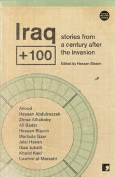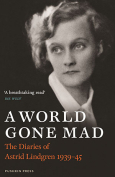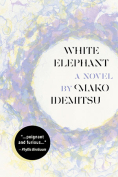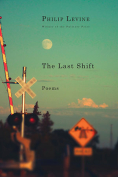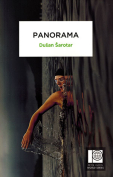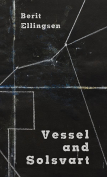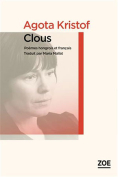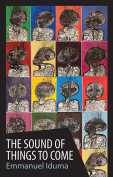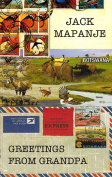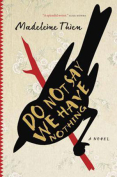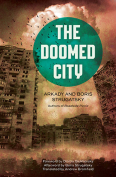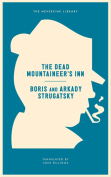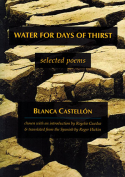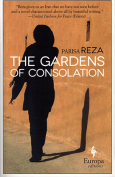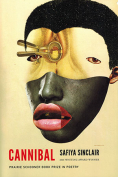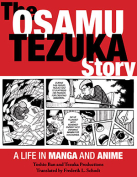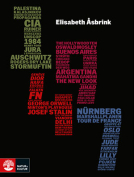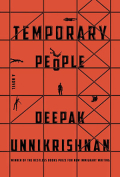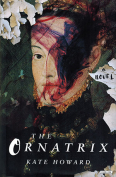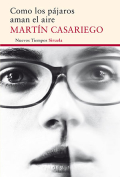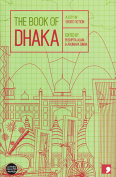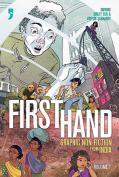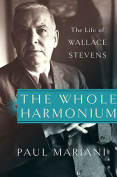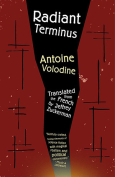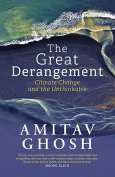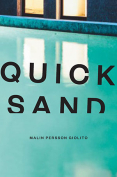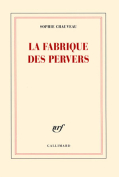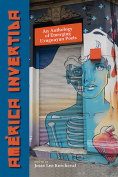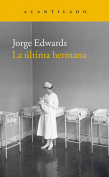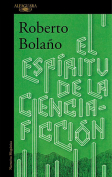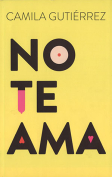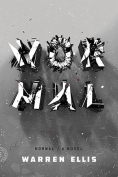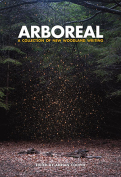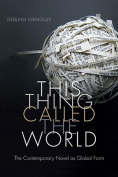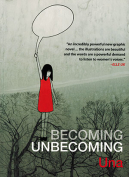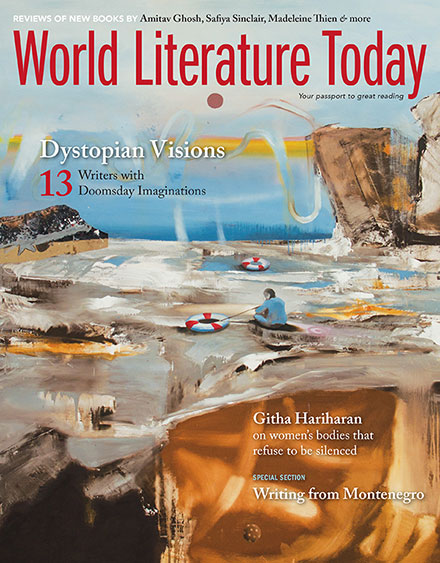Water for Days of Thirst: Selected Poems by Blanca Castellón
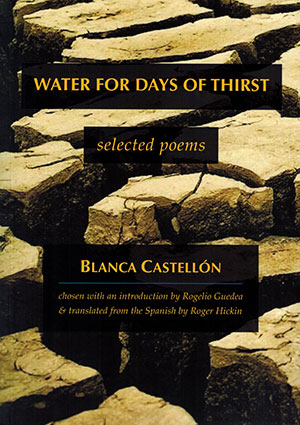 Lyttelton, New Zealand. Cold Hub Press. 2016. 173 pages.
Lyttelton, New Zealand. Cold Hub Press. 2016. 173 pages.
Blanca Castellón’s use of language in the collection Water for Days of Thirst is at times sparse and direct and occasionally disorienting due to minimal use of punctuation throughout. Much of the collection seems haunted by the voices of Emily Dickinson and Sylvia Plath—though even in English translation, it is clear that the writer’s voice is planted in Latin America. What Castellón delivers in this collection is carefully crafted, self-aware, and unflinchingly introspective. In an effort to understand self, the speaker in this collection has compared herself to a desert, which at first may seem bleak or without hope. In the desert, though, one is stripped down to the core. There is nothing behind which one might hide. Castellón’s poetry examines the speaker’s inner landscapes in an effort to gain purchase on her own existence, all against the backdrop of Nicaraguan social unrest.
The title of this collection comes from the poem “Birth,” which is as good an example as any to compare Castellón’s technique to someone like Dickinson. It is made of seven lines, twenty-two words, and one punctuating mark at the end. Many of the poems in the collection grapple with the crafting of poems themselves—perhaps intended to be tiny bursts of ars poetica as the reader experiences the whole collection. In this piece in particular, the speaker observes the poem metaphorically—as a succulent that “stores water / for days of thirst.” Where the collection’s speaker sees her own landscape as a desert, she finds not just solace or comfort in creating poetry but actual survival. Propped in the latter half of the book, the poem “All in the Family” bares all the reasons behind the speaker’s unending thirst in the desert of self: tragedies on top of tragedies in her immediate family as well as the absolute terror of living in a country where corruption and gang mentality rule.
This collection is testament to the healing and reparation that linguistic artistry brings, and Roger Hickin has certainly done well to translate the depths of these emotive responses that are also arguments about the power of the written word in the face of a world full of greed, hatred, and violence. Castellón is right: only poetry will save us from ourselves.
Sarah Warren
University of North Texas
Get the book on Amazon.
